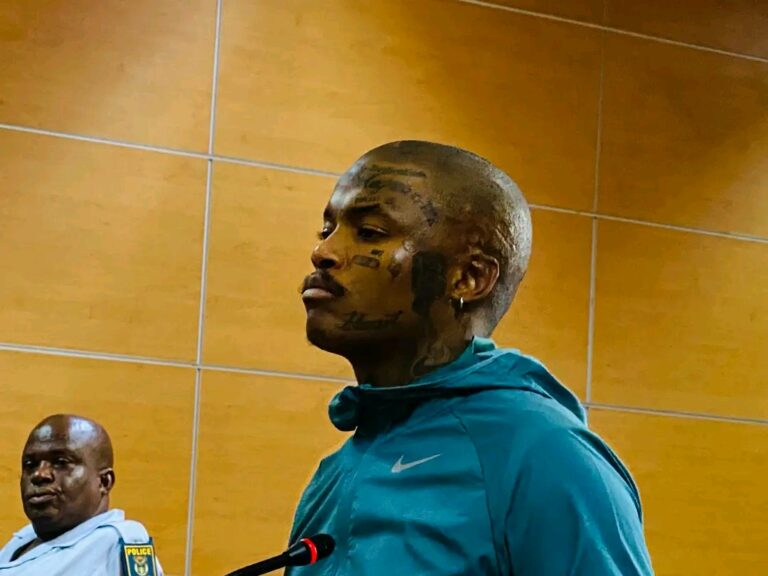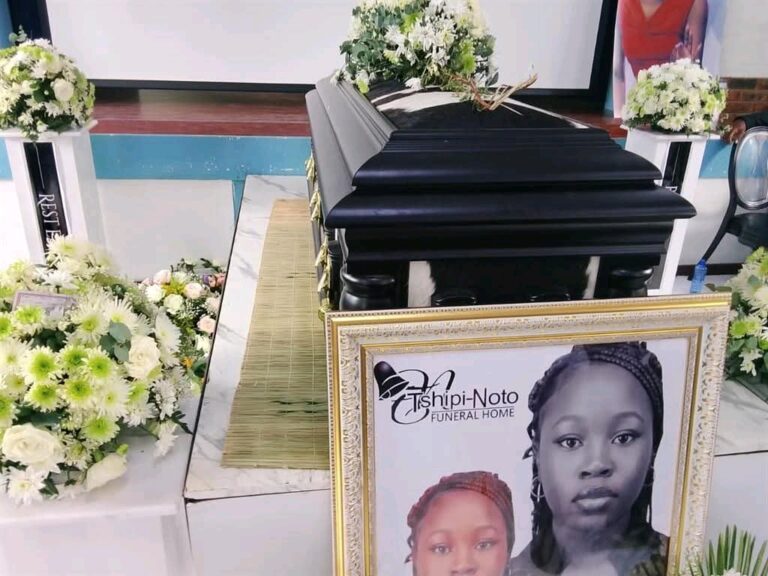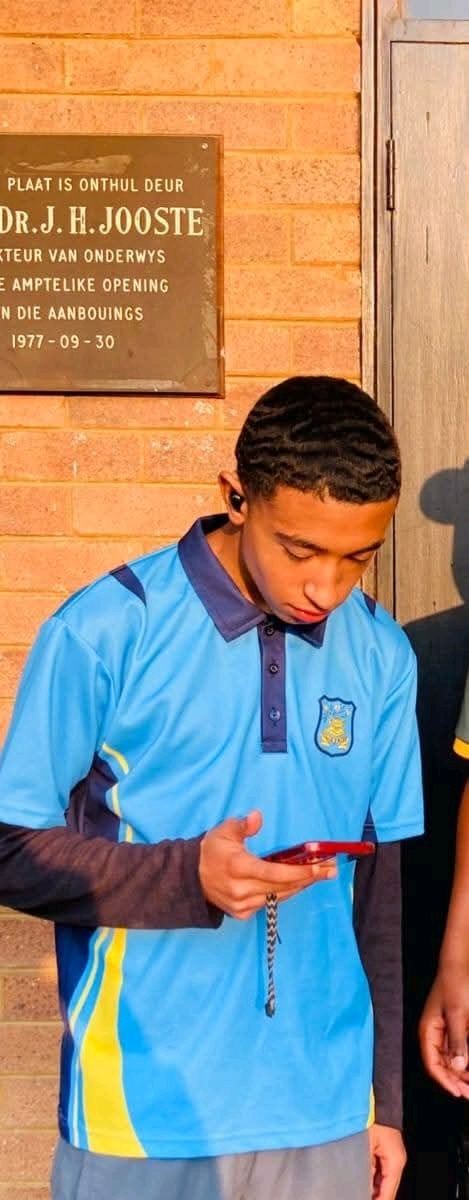
The release of the Netflix documentary Beauty and the Bester has reignited public debate in South Africa, highlighting the stark contrast between convicted criminal Thabo Bester’s extravagant lifestyle and the poverty endured by his mother, Maria Mabaso. While Bester, often called the “Facebook rapist,” lived in luxury following his 2022 prison escape, his mother continues to survive in a modest RDP house in Sebokeng, drawing both sympathy and mockery online.

A Mother’s Hardship
Maria Mabaso, now 60, has faced a lifetime of challenges. Born without proper documentation because her mother worked on a farm, she struggled with bureaucracy that later affected her son’s identity. Thabo was born in 1986 at Chris Hani Baragwanath Hospital but was only officially registered in 2002 under his aunt’s surname. Raised mostly by his grandmother while Maria worked as a domestic worker, Thabo disappeared at 16 and resurfaced years later, already entangled in crime.
In interviews, Maria has shared her anguish, admitting that despite his criminal actions, she longed for a relationship with her son. In 2023, she told eNCA that she wished she had been present for him, especially after her mother passed away. DNA tests in 2024 confirmed her connection to Bester, but she has chosen not to involve herself in his ongoing legal battles.
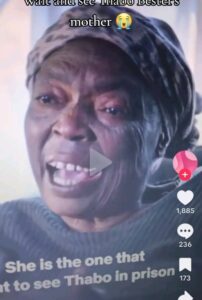
Bester’s Life of Excess
Following his escape from Mangaung Correctional Centre in May 2022, Bester built a lavish life with celebrity doctor Nandipha Magudumana. The couple rented a R12 million Hyde Park mansion for R70,000 a month, funding their lifestyle through fraudulent schemes under their company, Arum Properties. Reports suggest Bester claimed to have lost R30 million in luxury goods after his 2023 arrest in Tanzania.
His notoriety stems not only from financial fraud but also from violent crimes, including the 2011 murder of his girlfriend, Nomfundo Tyhulu. Even while incarcerated, he allegedly lived in privilege, with access to cash and influence. This disparity has fueled outrage, especially when compared with his mother’s struggles.
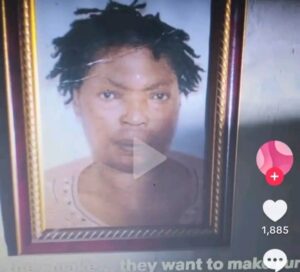

Public Reaction: Sympathy and Scorn
The documentary sparked a wave of reactions on social media. Many users expressed heartbreak at seeing Maria’s poverty while her son indulged in riches. A user under the handle @JoziHeart wrote, “It’s gut-wrenching to see Thabo’s mom in an RDP house while he lived like a king.” Others, however, mocked her appearance and accused her of making poor choices, with cruel comments about her alleged use of skin-lightening creams.
While some defended Maria, noting that mocking her struggles is unjust, the ridicule reflects a broader social issue: South Africa’s culture of online shaming, often targeting women in poverty. The insults also highlight the stigma around cosmetic products, commonly used but socially weaponized in public discourse
A Mirror of South Africa’s Inequalities
The contrast between Bester’s ill-gotten wealth and Maria’s life in poverty underscores deeper systemic failures. From his unregistered status at birth to his ability to manipulate systems from behind bars, Bester’s story reflects institutional gaps that enable crime while failing vulnerable families.
https://x.com/NetflixSA/status/1965701782706725159?t=-EuiT7xlLBeKHGuwvEv3cg&s=19
Meanwhile, Maria embodies resilience and pain, left to carry the weight of public judgment while her son’s crimes dominate headlines. The Beauty and the Bester documentary has forced South Africans to confront uncomfortable truths: that crime can create temporary riches, that families of criminals often bear silent suffering, and that poverty remains a breeding ground for both stigma and compassion.
As debates rage online, one question remains—will Maria Mabaso ever find peace, or will she remain a footnote in the saga of her infamous son?


